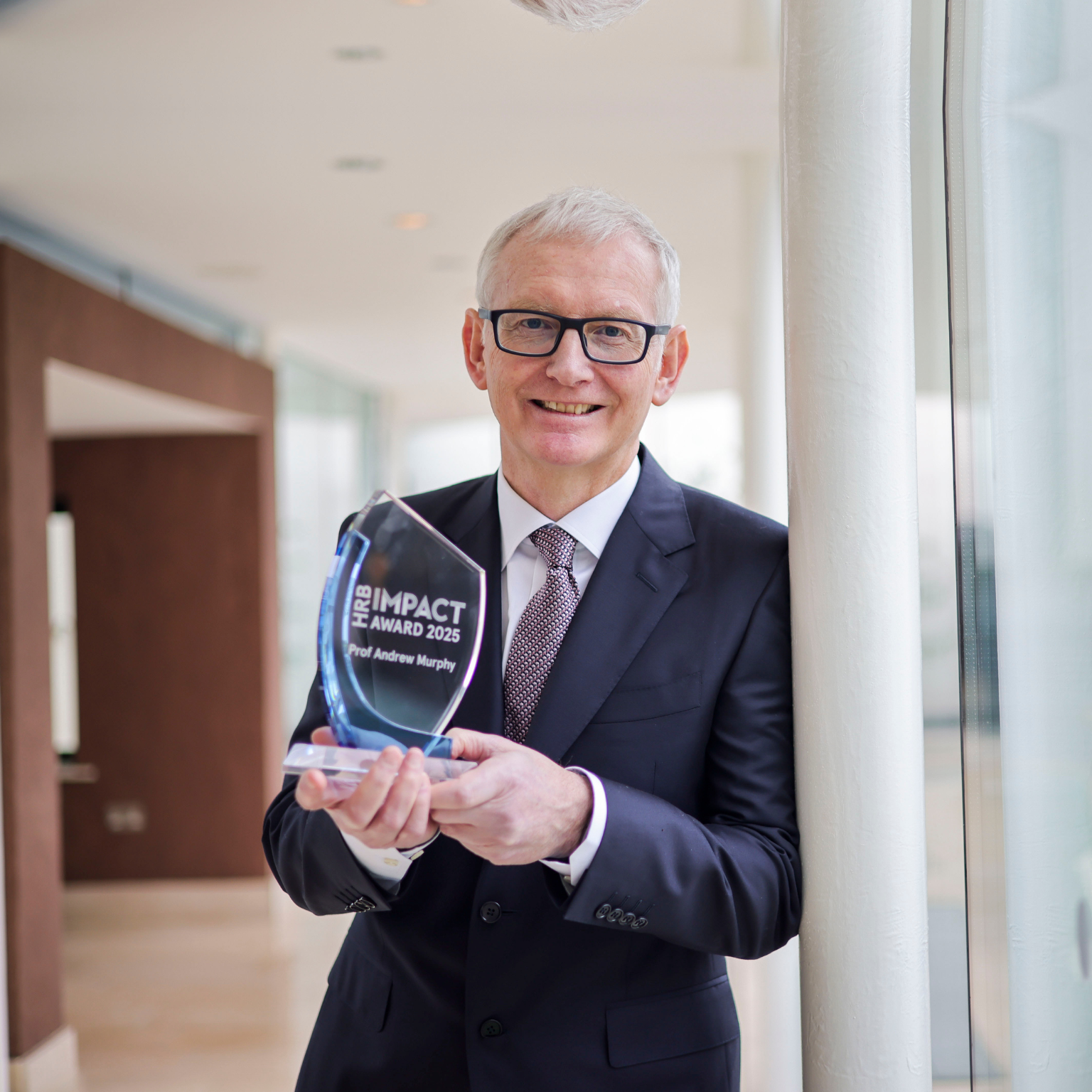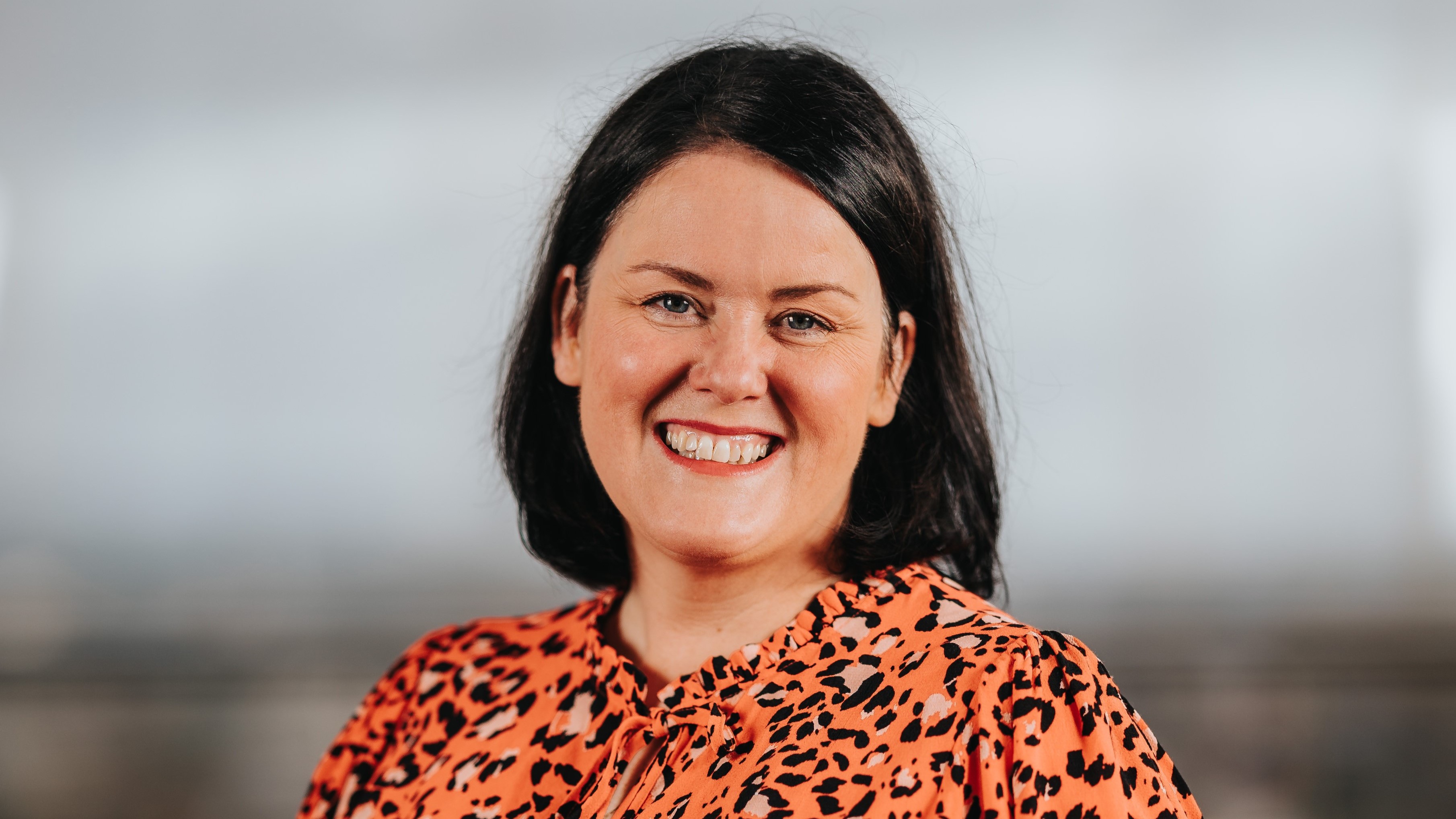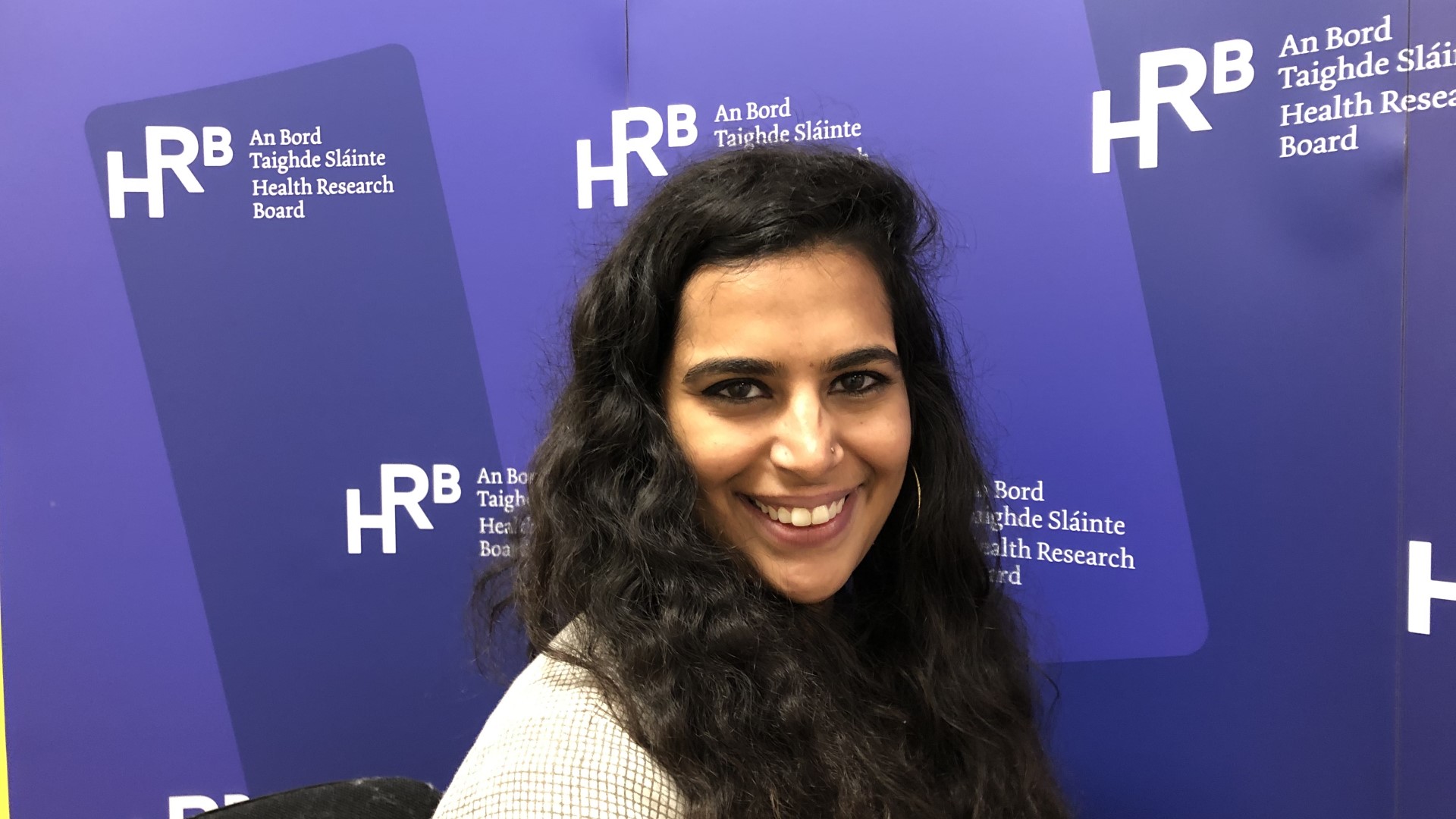Researcher Profile: Getting the measure of folic acid in Ireland
6 min read - 31 Mar 2017
Of all the B-vitamins, surely folic acid is the most famous. Its name crops up on cereal packets and on cartons of milk and juice, and women who could become pregnant are advised to take folic acid supplements just in case.
Why the big push for this little vitamin? Because in the early weeks of pregnancy – before a woman may even know she is expecting – a lack of folic acid is linked with a higher risk of the baby developing neural tube defect conditions such as spina bifida.
Several countries (including the USA, Canada and Chile) have insisted that folic acid is added to staple foodstuffs such as flour, but Ireland has not taken this approach: instead Ireland lets food companies voluntarily fortify their products with folic acid.
Fortifying foods could help women who could become pregnant (and who have not taken the recommended vitamin supplementation) to have enough folic acid to reduce the risk of neural tube defects in the event of a pregnancy, but is blanketing everyone’s diet with the B-vitamin the right way to go?
Changing landscape of folic acid
It’s an area that has interested Dr Mary Rose Sweeney, Senior Lecturer in Health Systems Research in the School of Nursing and Human Sciences in Dublin City University for much of her research career, because the question of folic acid fortification raises lots of questions.
‘The landscape keeps changing, because companies make commercial decisions about whether to fortify foods or not in Ireland’, says Mary Rose. ‘As well as that, some types of fortified foods, like cereal and juice, may be more popular among children compared to, say, the elderly, so different groups of people may have different exposures’.
In the past, Mary Rose’s research was focused on the prevalence of unmetabolised folic acid in serum – a hypothetical measure of adequacy or excess. And more recently the focus of her work has been on the decline in voluntary folic acid fortification levels in food staples in Ireland and on the potential impact on passive consumption of the vitamin.
‘Many women did not know they were previously getting the vitamin in their food staples so they were being protected in a passive way. Now many women are not getting the vitamin passively and they don’t know this either’, she explains. ‘There isn’t a straightforward answer, because you want to lower the risk of babies being born with spina bifida, but the consequences of large doses of folic acid are not clear – and some people who eat a lot foods fortified with folic acid may end up taking in large doses. ‘We need to be careful not to go too high or too low with the dosage as there are potential adverse effects with both scenarios’.
Research in the blood
Her interest in the vitamin started back when she decided to do a PhD with the late Professor John Scott at Trinity College Dublin and Dr Joe McPartlin, who were experts on folic acid biochemistry.
‘Professor John Scott devoted much of his life’s work to the study of folic acid and had a pivotal role in the early HRB-supported work linking neural tube defects to folic acid intake’, says Mary Rose. I was a student in the University of Ulster, I was studying nutrition and Professor Scott came up to give us a lecture, and immediately I knew I wanted to study this, so I asked if I could work in his lab’, recalls Mary Rose.
A trained nurse, she had already been working with research projects in UU, where her skills for taking blood samples had been of enormous value. ‘I was earning money by taking blood from patients and volunteers for research projects, and I was fascinated by research, I knew this was what I wanted to do’.
When she moved to Trinity to start her PhD, Mary Rose developed a system to biochemically assess folic acid uptake. She would bake bread and add a defined amount of synthetic folic acid, volunteers would eat it, and then Mary Rose collected and analyse their blood samples. In this way she refined methods for analysing folic acid status in blood, and, with funding from the HRB, she has continued to work on folic acid since.
Folic acid status
Her research found that in recent years the levels of the B vitamin have declined in the food chain in Ireland (http://www.ncbi.nlm.nih.gov/pubmed/25755246). But are we getting enough folic acid anyway? Mary Rose’s findings (http://ajcn.nutrition.org/content/96/3/613.long) published in 2012 suggested that the vast majority (90%) of elderly people sampled had unmetabolised folic acid in their blood, suggesting they had more folic acid in their diets that they needed.
This was in contrast to her more recent study [http://ajcn.nutrition.org/content/103/2/512.long] of children undergoing minor surgeries at a hospital in Dublin, which showed that only little over 10% of the children had unused folic acid in their blood.
‘These are important figures for policymakers to know, because they need to be informed about the folic acid status of people in Ireland’, says Mary Rose, who is now also planning an EU study to assess folic acid status across Europe. ‘It is a difficult area of policy, so we need good evidence on which to base our decisions and the work we are doing feeds into this evidence. Hopefully policy makers will take the findings on board’.
Wide-ranging interests
As well as her on-going folic acid studies, Mary Rose is working on several other projects in DCU, including an assessment of the health benefits of taking part in the Special Olympics, the nutritional content of school lunches in Ireland, the prevalence of autism across Europe as well as leading a project to make DCU a more accessible, welcoming and empowering environment for students with autism. ‘This is one of the things I really like about working as a researcher’, she says. ‘You can answer all sorts of interesting questions about health and wellbeing, and every time you look at an area it raises even more interesting questions’.
Mary Rose currently holds the role of associate dean for research in DCU, and as part of this role she is passionate about communicating the projects she and her DCU colleagues are working on. She has set up a blog (https://researchersdiaryblog.wordpress.com/) and a YouTube channel (https://www.youtube.com/playlist?list=PL1enMAUQREvmCbJIrj2LBPrIMqC_W3i4K) where DCU researchers share what they do and what they like and find challenging about research.
‘I think it’s really important that we get more public engagement and discussion around the research that is going on in Ireland’, says Mary Rose. ‘Because ultimately what this research is looking at and finding will shape our future health and society’.
6 min read - 31 Mar 2017



